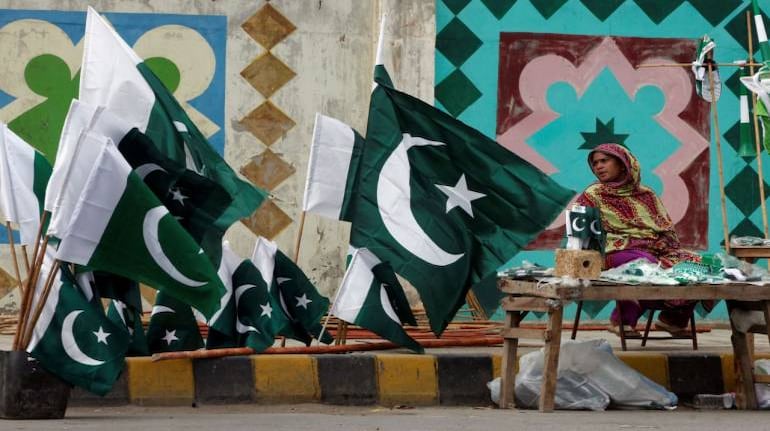Using Census to make Muhajirs apolitical

In the past, for about seven decades there have been attempts in Pakistan to cut to size its most educated and enlightened group- Muhajirs. They came to Karachi (the then national capital of new born Pakistan) from Northern and Western parts of India in the wake of its partition in 1947 as refugees or Muhajirs. However, they continue to be called Muhajirs till today and accept this identification as their ethnicity. But they also remind that no other community made so many sacrifices as they did for the creation of this country. Since, they were close to the creator of the country, Mohammad Ali Jinnah in his campaign for Pakistan; they were instilled by him as the country’s first rulers without any legal justification.
That turned their head and also earned them enemies who started hatching conspiracies to cut them to size. Muhajir Prime Minister Nawabzada Liaquat Ali Khan, was perhaps the first victim of these conspiracies. He was shot dead in 1958 near Army’s headquarters in Rawalpindi. It was given out that his consent to ceasefire in Kashmir in 1948 was the cause that suddenly deprived Mahajirs of their political clout.
Next target was their economic standing. In 1960, General Ayub Khan shifted the national capital from Karachi to Islamabad shortly after taking power in 1958. At the time of his assuming power, may top civil servants, mostly Muhajirs, were sacked. Again in 1969, when General Yahaya Khan became Chief Martial Law Administrator (CMLA), remaining Muhajir civil servants were removed. In 1972, when Zulfikar Ali Bhutto became the CMLA, he nationalized banks, Insurance companies and some Industrial establishments, further crippling Muhajirs’ economic interests. Further, he made Sindhi the official language of Sindh province, thus drastically reducing job opportunities for Urdu knowing Muhajirs.
Census was another weapon used against Muhajirs by not holding the decadal exercise or deferring its results for Karachi. Between 1947 and 1963, around 3.4 million Muhajirs had come to Karachi. After liberation of East Pakistan in 1971, two Lakh Bihari Muslims also migrated from there to the city. Next came the Afghan refugees beginning from 1979. During the military operation in North Waziristan in 2014, thousands of tribals came to Karachi. The sixth census in 2017 showed Karachi’s population to be only 16 million. That shocked Karachiities who were given to understand that population of their city was 30 million. Even as they protest against the census figures, Prime Minister Imran Khan’s cabinet last month. (December) approved the 2011 census figure.
This fuelled Muhajir’s anger. Their party the Muttahida Quami Movement (MQM) which though split into three parts to pretend no allegiance to Party’s firebrand founder Altaf Hussain (living in self exile in London) has its power base in Karachi’s Muhajirs. And its leaders cannot get Muhajir votes without confidentially revealing to them their allegiance to Altaf bhai, who is hated in Punjab and loved in Karachi for his attacks on the Pakistan Army and for questioning the two-nation theory. It was under Army’s pressure that MQM leasers disowned allegiance to Altaf and set up their own factions of MQM which would not take orders from London (Altaf).
But the 2017 census in which according to the leader of MQM-Organisation Restoration Committee, Farooq Sattar, half of Karachi’s population was missing, showed that the Army is bent upon finishing the MQM. Sattar told newsmen in Karachi on December 28: “After subtracting the MQM founder (Altaf Hussain) and me, now there is a conspiracy to subtract the MQM’s seats in the Parliament by approving a controversial Census”.
Sattar’s assessment cannot be taken as far-fetched in view of Army’s open hostility towards MQM since the 1990s although it was Gen Zia ul Haq who had blessed its formation in mid 1980s to counter the Pakistan People’s Party (PPP) in Sindh by exploiting Sindhi-Muhajir hostility. Now, it seems Pakistan’s establishment wants to use the ‘census to deprive Muhajirs of their political weight.
Muhajirs fought for Pakistan and came hoping that they were going to a land where rivers and milks flowed. But, today they find themselves in a land (Karachi) of river of slug and garbage when monsoon hits the dabbling city of father of Pakistan Mohammad Ali Jinnah because it is not given funds according to its actual population count.
